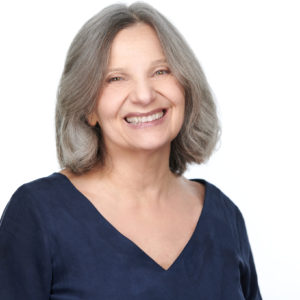What brought you to astrology?
I was 23, it was 1970, had come from New York to visit college friends who were living on a commune in the mountains of Southern Oregon, and saw some people doing charts. There were about 25 astrology books among the collection of books brought there by various people. I was intrigued. After a while I opened Llewellyn George’s A to Z Horoscope Maker and Delineator, and a few days later had cast my first chart. Then it all happened from there.
Why do you practice astrology? What makes it juicy for you?
It is the most profound system for understanding human nature and meaning that I have encountered. Astrology sheds meaningful insights are to why we are the way we are and why others are the way they are; that leads to compassion for oneself and for others. And for a Gemini Moon, the added pleasure of a seemingly infinite number of new things to continually expand one’s learning.
What is your specialty, or focus?
Mythology and mythic archetypes as expressed through the asteroids and planets, history of ancient and medieval astrology, Hellenistic astrology, deciphering Greek astrological texts.
Is there a planet, sign, or aspect you’ve been exploring lately that represents an archetype or energy that feels important to you right now?
At this very moment of writing this response, I have been scouring ancient texts in order to understanding the changing meanings related to the leading and following signs as applied to the movements of planets.
What is your picture of astrology in the future?
Everyone will be able to instantly know a great deal about themselves and others from the perspective of astrology with a touch of AI Chat, which won’t be wrong but won’t be exactly right either. And the ‘real’ astrology (whatever that is) will go underground and transmitted from one person to another, as it has many times in the past, until a different time arrives.
Are there any additional comments you would like to make about your lecture and workshop?
The asteroid teaching represents over fifty years of learning, researching, practicing and thinking about this area.
The Hellenistic Astrology teaching represents over thirty years of learning, researching, practicing and thinking about this area.
If you discovered a new planet, or asteroid, what would you name it and why?
Heliodora, the name of the first woman for whom we have material evidence of being a renowned astrologer in Roman Egypt in the 2nd century CE.
Alternately, Aglaonice, a Greek astronomer and thaumaturge from at least the 2nd century BCE who knew how to draw down the moon (i.e., predict eclipses).
Click here to register for Demetra’s lecture!

Demetra George, scholar, translator, and practitioner, brings the practice of contemporary astrology back to its ancient roots. Early in her career with the publication of Asteroid Goddesses (1986), she looked to cross-cultural mythologies to draw out the archetypal meanings and psychological expression of newly available planetary bodies. She then turned to Greek and Latin texts, articulating the history, cosmology, and techniques of traditional astrology. Author of seven books, her most recent is Ancient Astrology in Theory and Practice: A Manual of Traditional Techniques, Vols. 1 &2 (Rubedo Press, 2019,2022).